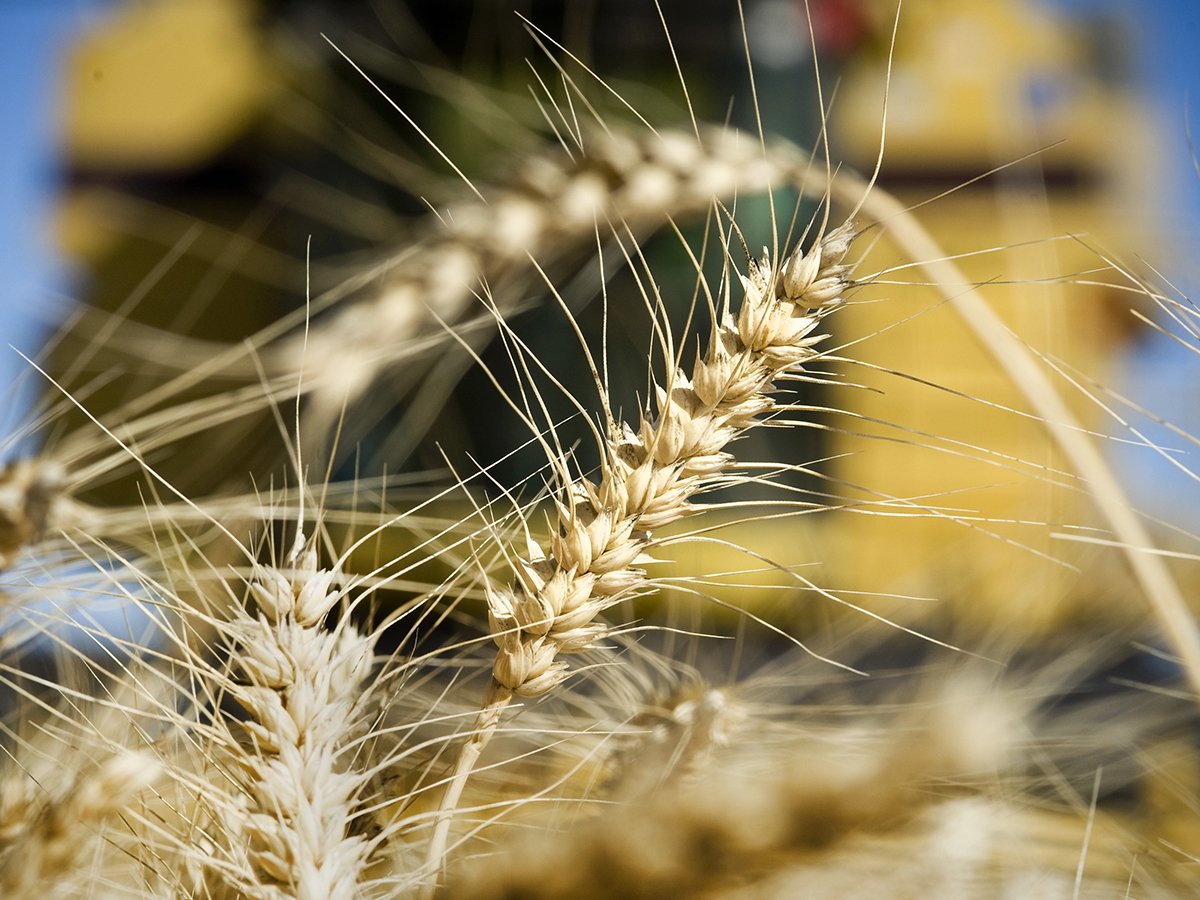Federal agriculture minister Chuck Strahl has launched the barley plebiscite season by announcing a three-option question that almost certainly guarantees the debate will focus as much on the legitimacy of the question as it will on the future of barley under the Canadian Wheat Board.
Strahl also announced a broad voters list, which he said gives all those with a stake in the question a vote but which critics denounced as creating a bias against the CWB monopoly.
Meanwhile, a group of wheat board supporters from across the Prairies have announced they may take the Conservative government to court for not abiding by Canadian Wheat Board Act rules for farmer votes.
Read Also

European wheat production makes big recovery
EU crop prospects are vastly improved, which could mean fewer canola and durum imports from Canada.
Strahl told a news conference in Red Deer Jan. 22 that when barley producers receive ballots in the mail beginning Jan. 31 to be returned by March 6, they will be offered three options:
- The Canadian Wheat Board should retain the single desk for the marketing of barley into domestic human consumption and export markets.
- I would like the option to market my barley to the Canadian Wheat Board or any other domestic or foreign buyer.
- The Canadian Wheat Board should not have a role in the marketing of barley.
The voters list will include any farmer who grew grain last year and who grew barley in at least one of the past five years. It does not require that the barley was sold through the board and it is not connected to holding a CWB permit book as the CWB Act requires for elections on board directors or mandate change.
All farmers on the Prairies must sell their malting barley or feed barley for export through the CWB. Feed barley sold domestically is not included under CWB authority.
“The questions are clear,” Strahl said. “There is nothing in this that’s cooked up. Both sides in the argument should engage in the debate and engage in the vote. Don’t sit on your hands.”
While the vote is not binding, Strahl said he would be loath to ignore a strong vote either way.
Critics of the Conservative government’s campaign against the wheat board monopoly attacked the questions as illegitimate and the expanded voters list as manipulative.
“The questions are an absolute fraud, nothing less, because having an effective board as an option in an open market is not a real option,” fumed Liberal agriculture critic Wayne Easter.
“And the voters list biases the result toward the government position. It will bring in a lot of feed producers who do not deal with the board and do not like it.”
The CWB complained that the question offers farmers a false choice.
“This question is not, in our opinion, intended to accurately gauge farmers’ feelings on the issue of barley marketing since it perpetuates the belief that the CWB can be effective without its single desk,” CWB chair Ken Ritter said in a statement issued in Winnipeg.
The National Farmers Union denounced it as a fraudulent, taxpayer funded continuation of the Conservative campaign against the board.
However, farmer opponents of the board monopoly lauded the questions and the voters list.
Richard Phillips, executive director of Grain Growers of Canada, which represents both prairie anti-monopoly barley and wheat producer groups, said in an interview that both are appropriate.
“I think the questions are fair because it is the belief of many grain farmers in Western Canada that the board can compete and will remain an option,” he said.
And the broader voters list makes sure farmers who do not grow barley every year for rotation or drought reasons have a say.
At Lowe Farm, Man., pro-CWB activist Wilf Harder said in an interview the questions are “devious” and the minister’s desire for a broad voters list is disingenuous considering his decision to reduce the voters list in the recent CWB directors’ election.
Harder is a leader of Friends of the Canadian Wheat Board that is threatening to take the government to court for not following the CWB Act procedures.
“We’ll see where that goes but I hope people pick up on this,” he said.















